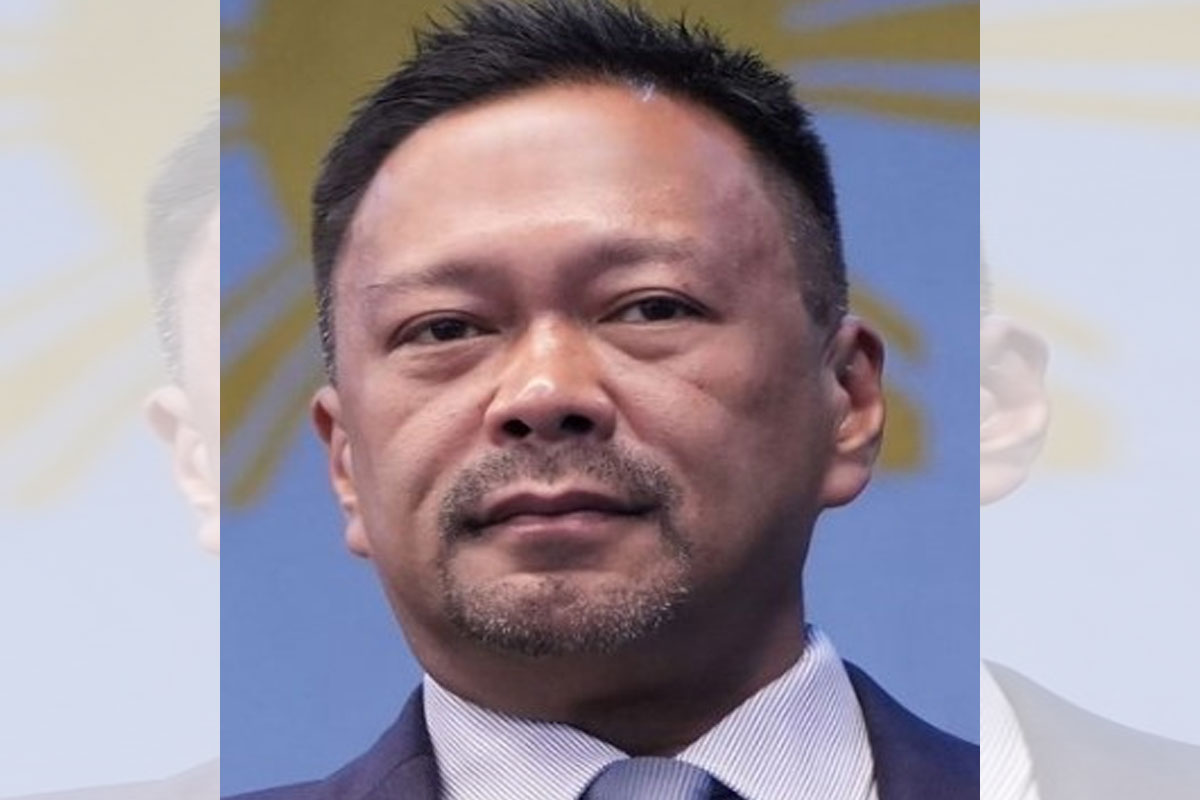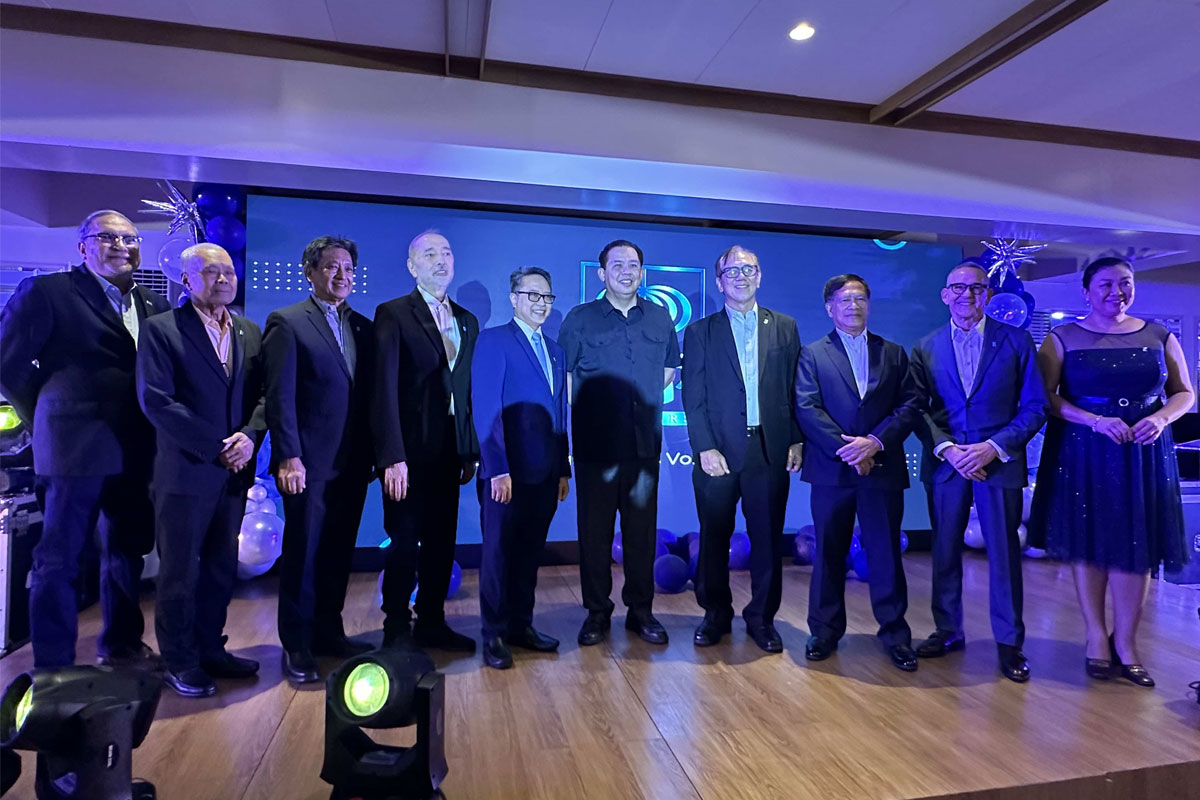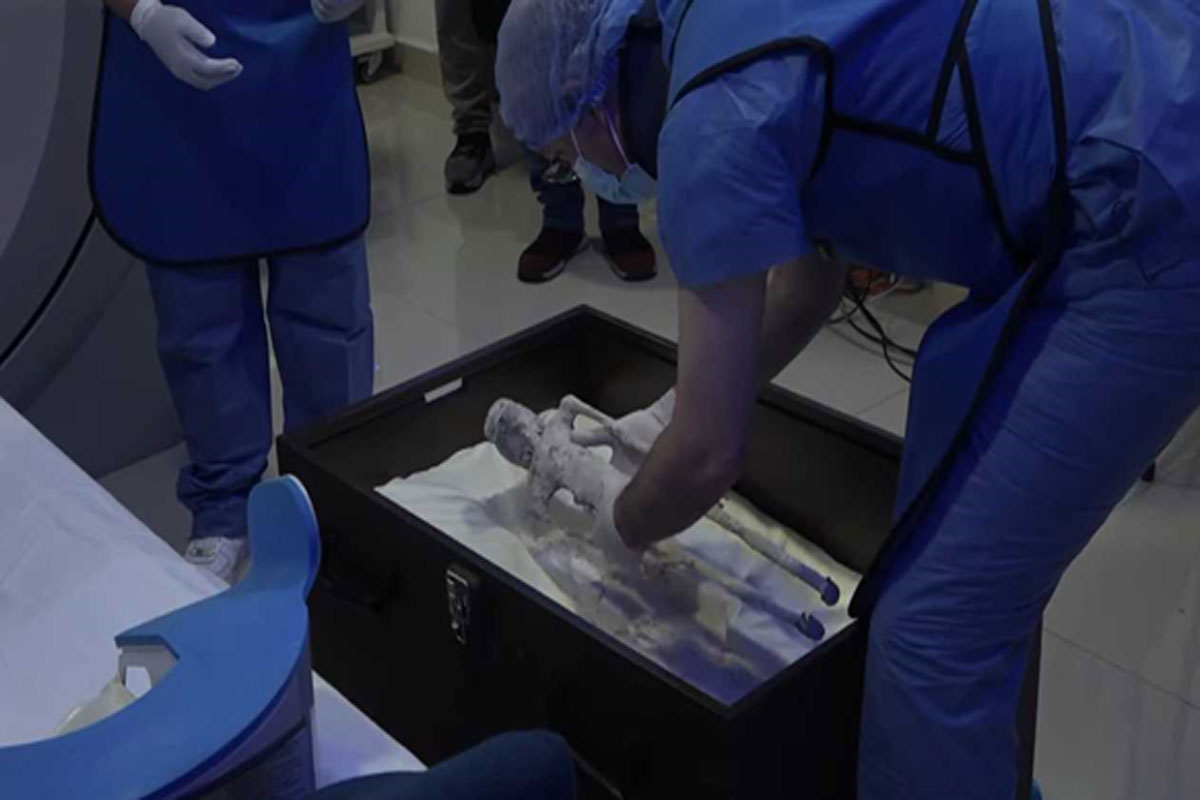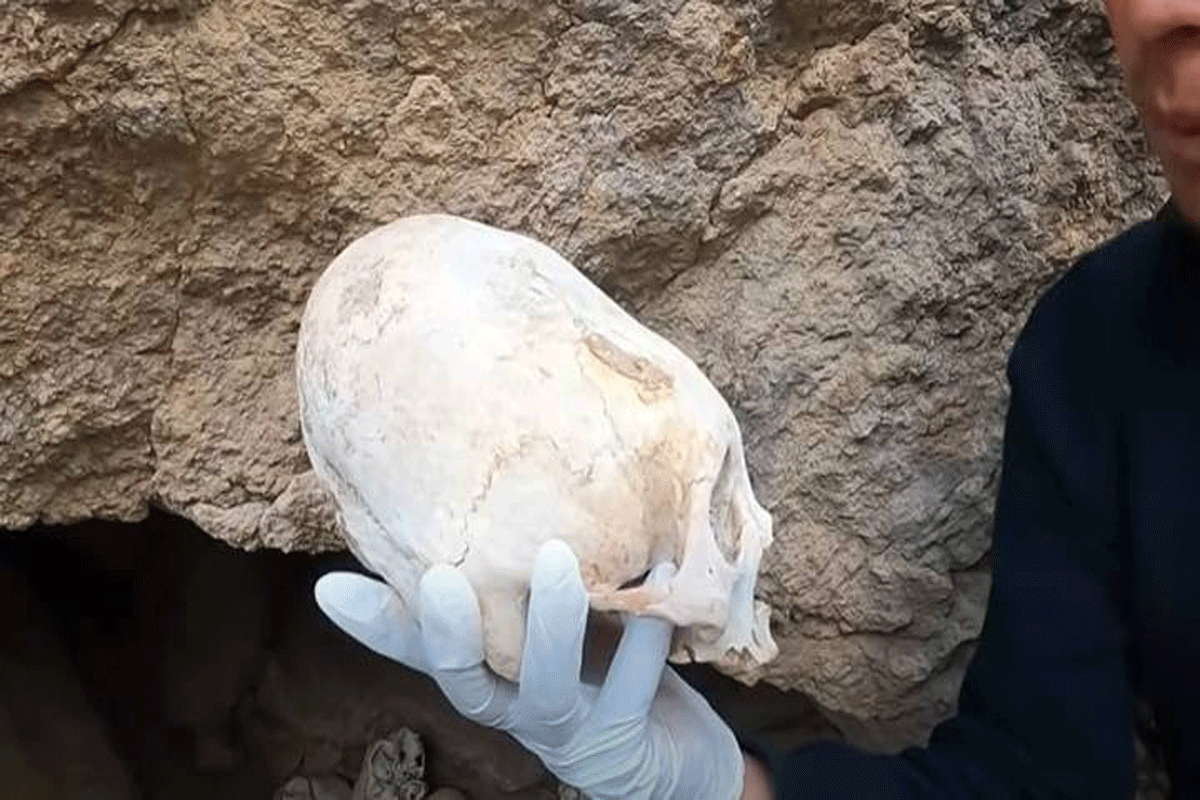
Conspiracy Theorists Think These Elongated Skulls Are ‘100 Percent Alien’
Claire Reid
Published 11:32, 22 May 2021 BST
| Last updated 11:33, 22 May 2021 BST
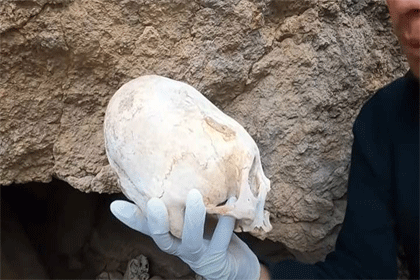 Internet conspiracy theorists think these ancient Peruvian cone-shaped skulls are proof that aliens have visited Earth.
Internet conspiracy theorists think these ancient Peruvian cone-shaped skulls are proof that aliens have visited Earth.
In a now deleted viral Facebook post shared earlier this month, one conspiracy theorist shared a video of the skull, writing: “Check the eye sockets 100 percent alien.”
According to a report from USA Today, the post had more than 500 shares and linked to a video on YouTube that contained footage of skulls found in the mountains of Huancavelica in Peru.
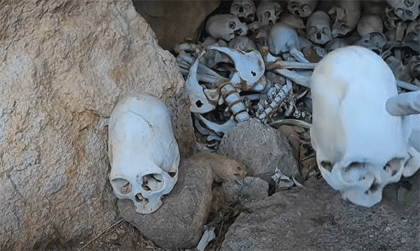 Credit: YouTube/FransCredit: YouTube/Frans
Credit: YouTube/FransCredit: YouTube/Frans
The person who posted the video on Facebook told USA Today ‘the video was made by a local boy and looks 100 percent real’.
The skulls were originally found in the 1920s by Peruvian archaeologist Julio C. Tello.
Their unusual shape has led to all sorts of theories, including one claim (since debunked) that the skulls’ DNA indicated they were ‘a completely new human-like being’, Snopes reports.
Before we all get too excited about the prospect of having had alien visitors, experts reckon the skulls were actually formed using bindings.
Speaking to USA Today, Peru anthropology specialist Professor Melissa S Murphy, said: “The eye sockets are normal and perfectly within the range of human variation and look like eye sockets of other human skulls from Peru.”
She added: “Prehispanic peoples on the south coast of Peru and elsewhere in Peru have engaged in this practice for thousands of years.
Credit: Creative CommonsCredit: Creative Commons
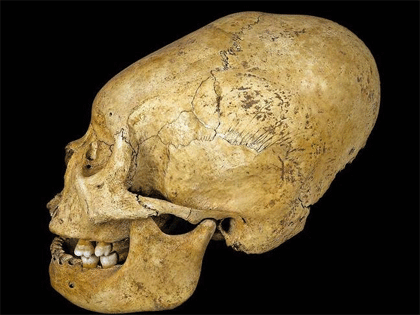 “Deliberate head shaping is a form of cultural modification of the body that marks different things, like one’s identity, a rite of passage, an occupation.”
“Deliberate head shaping is a form of cultural modification of the body that marks different things, like one’s identity, a rite of passage, an occupation.”
A 2018 report in Science News suggested that elongated skulls were seen as a status symbol in ancient Peru and were found amongst members of the elite.
Members of a community called the Collagua intentionally altered their skulls to try and create a taller, thinner shape.
Bioarchaeologist Matthew Velasco of Cornell University noted in a 2018 study: “In times of crisis and social upheaval, the creation of new kinds of collective identity can strengthen or undermine political reintegration.
“It may have promoted cohesion among local elites and facilitated cooperation at higher levels of inclusiveness to coordinate agropastoral exchange, manage irrigation, or mobilise against outside forces, including (but not limited to) the encroaching Inka state.”
And not a single mention of aliens, which is a bit of a disappointment, isn’t it?
Featured Image Credit: YouTube/Frans
ladbible.com







